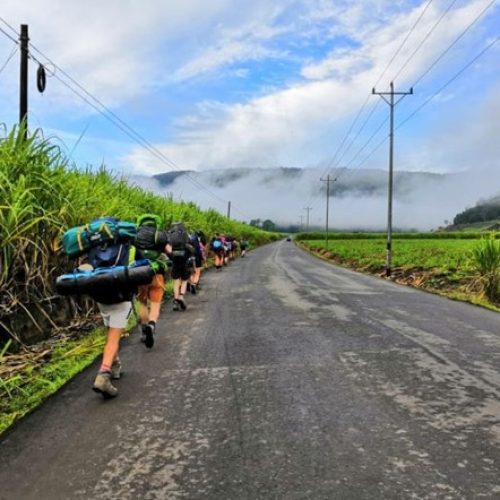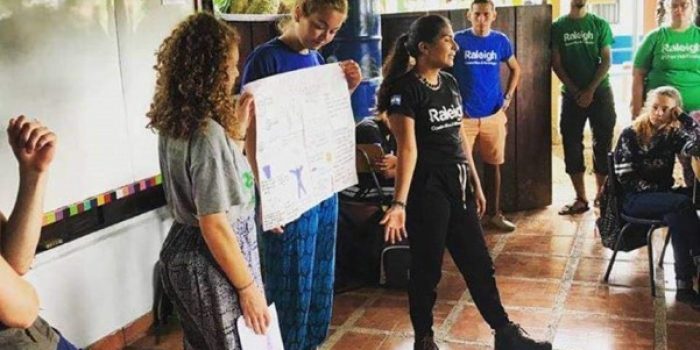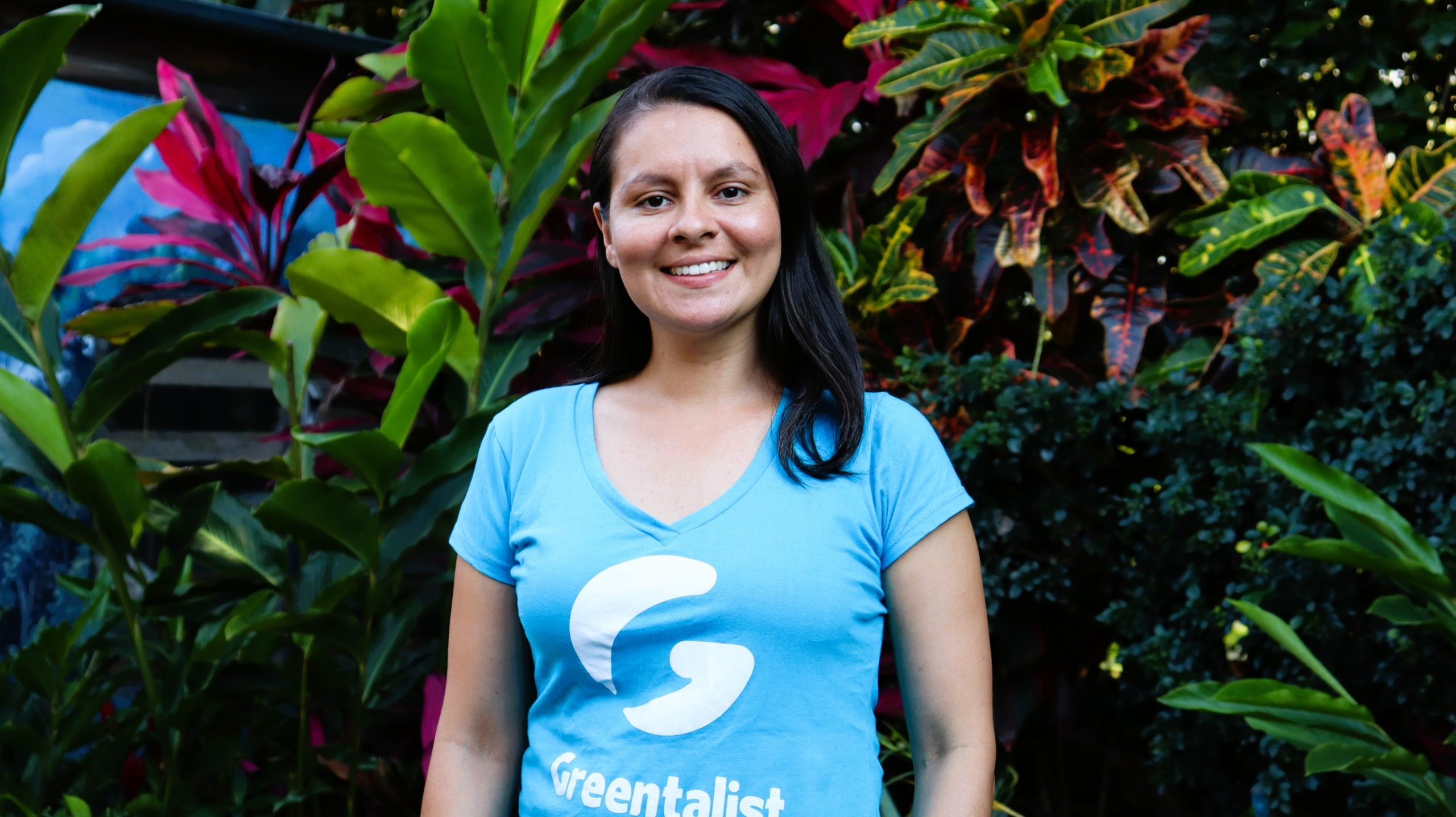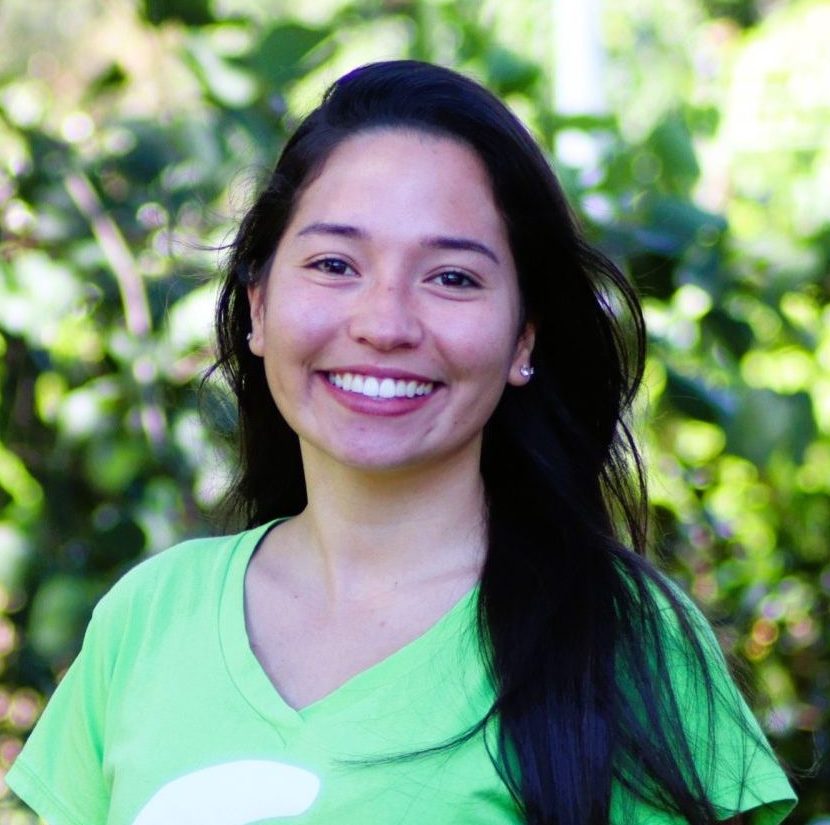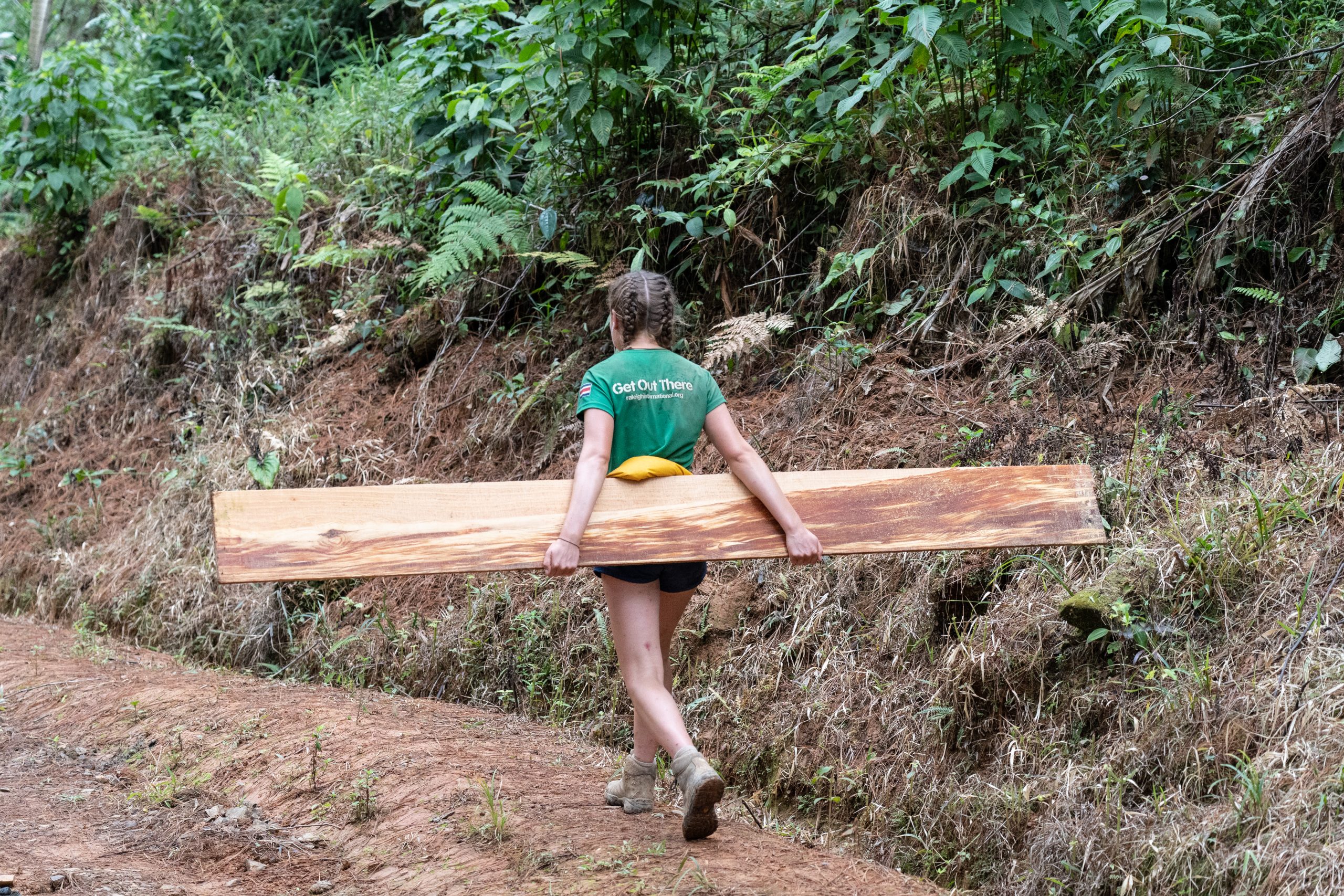Becoming a Youth Leader
Published on 14 August 2019, this blog from Asociación Raleigh highlights Natalia Martínez’s journey in Youth Global Leadership. Previously, she volunteered as a host country participant and later joined the Logistics team. Additionally, her experience on Expedition transformed her perspective, strengthened her leadership, and inspired her ongoing commitment to global youth action.
Stepping Out of the Comfort Zone
We spoke with Natalia Martínez, aged 20, a former host country volunteer now part of the Logistics team at Raleigh Costa Rica, to explore the impact of Youth Global Leadership. Initially, Nat did not want to go straight to university and felt uncertain about opportunities in Costa Rica. However, when she heard about Raleigh, the idea of Expedition immediately appealed to her. She explained, “I needed time to think about my future and wanted something completely out of my comfort zone.”
On Raleigh Expedition, Nat quickly realized her reality differed greatly from her expectations. Volunteering independently in Costa Rica was initially unfamiliar, and she felt apprehensive. Nevertheless, as excitement and confidence grew, team-building sessions encouraged her curiosity. Gradually, she began engaging with other volunteers, enjoying conversations and learning about diverse global perspectives.
During the Dragon Trek, the first phase of Expedition, Nat found the initial four days challenging. However, with group support and guidance from project managers, her confidence quickly increased. She reflected, “I realized I was more than capable, and with support from friends and project managers, everything became easier.” Consequently, her motivation grew, and she emphasized that teamwork helped everyone understand and encourage each other to play to their strengths.
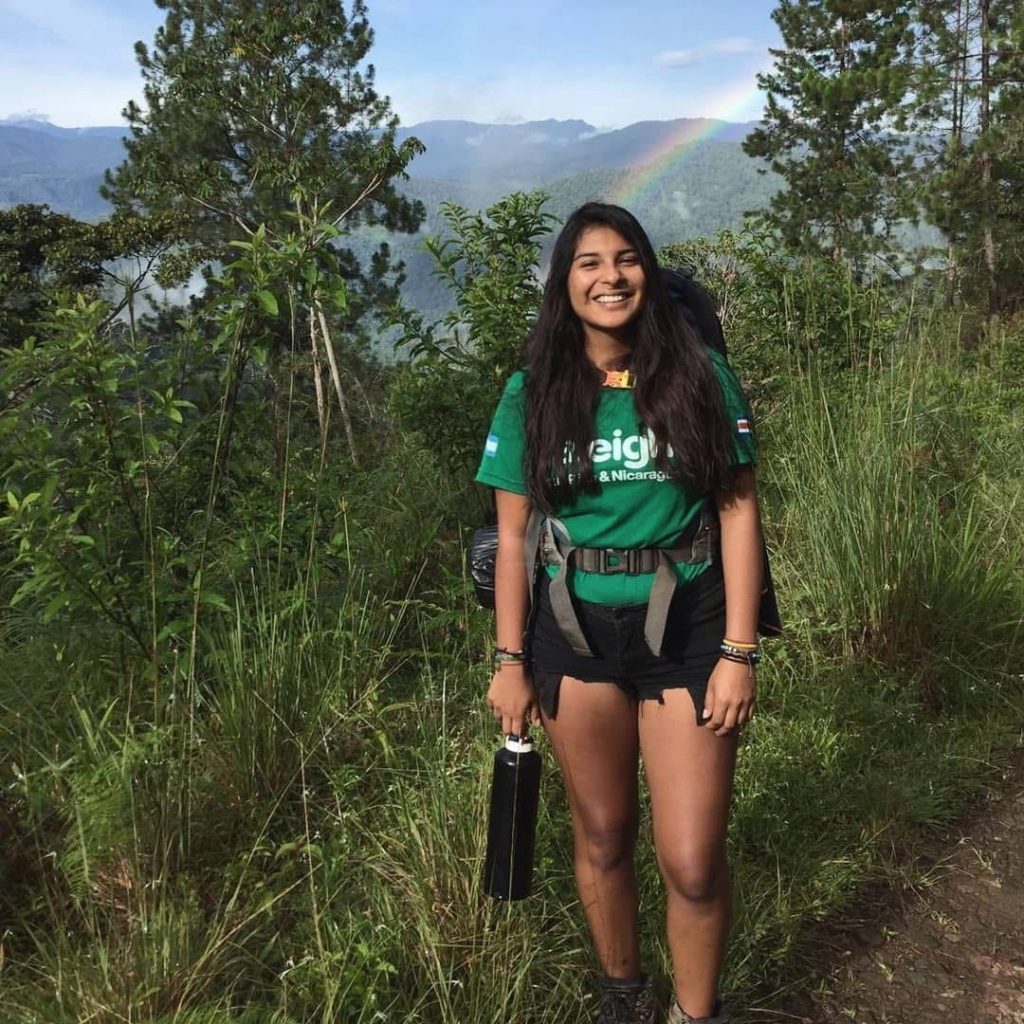
Learning Through Community and Conservation
Another highlight for Nat was collaborating with the indigenous community of Nimaritawa. She painted the school and assessed the need for additional educational resources and infrastructure. Additionally, Nat emphasized the importance of learning to work closely with the community while understanding their culture. She has since shared these insights with venturers currently undertaking indigenous school projects in Dorbata and Nari Nak. Therefore, cultural exchange continues to play a crucial role in shaping Youth Global Leadership within the Raleigh programme.
Shaping a Future in Youth-Driven Change
As a native Spanish speaker, Nat also improved her English during Expedition, acting as a translator to help volunteers and communities integrate fully. Furthermore, this skill proved valuable during the natural resource management phase at the Protected Area of La Marta. There, Nat took a leadership role as a bilingual guide for the National Park. Alongside park rangers, she led her group in maintaining trails and ensured handrails and bridges were structurally sound.
Working towards Raleigh’s goal of sustainable conservation in Costa Rica, Nat now thinks differently about environmental preservation. She explains, “I feel strongly that protecting national parks safeguards Costa Rica’s incredible biodiversity.” Reflecting on her Raleigh Expedition, she noted personal growth: previously, she would step back in large groups at college. Now, as a key Logistics member, she confidently takes initiative and ownership of tasks.
Additionally, this experience helped Nat clarify her future goals. Before Raleigh, she aimed to work in HR for a big company, seeing no further possibilities. However, after her experience, she realized her potential to achieve more. Nat shared, “I now know I want to study and work for an NGO. I understand my capability and drive, and I want to encourage others to join Youth Global Leadership and youth-driven change globally.”
